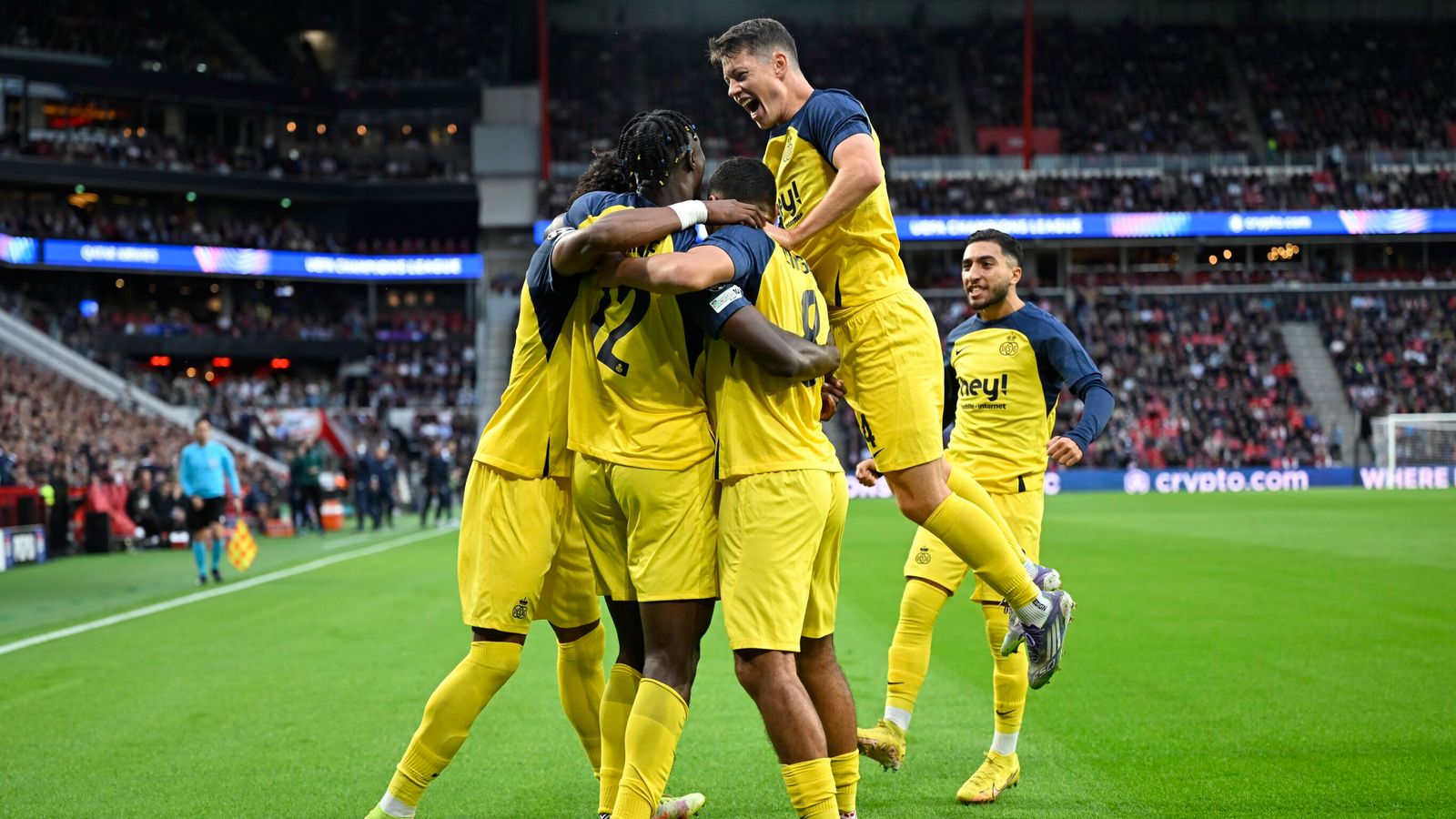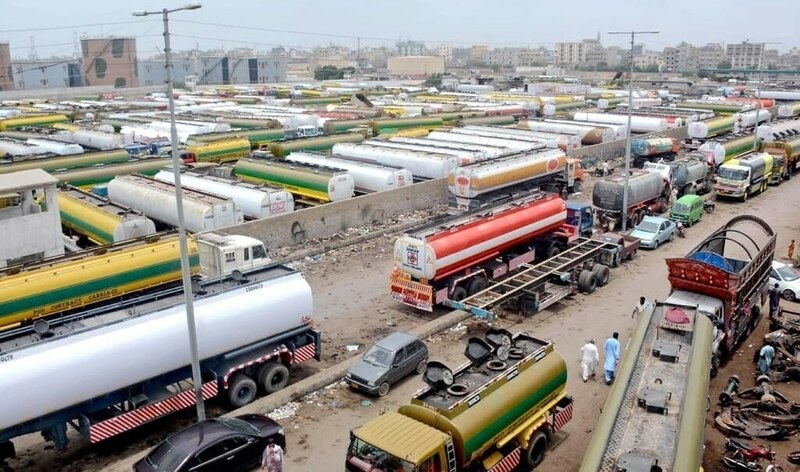By Adam Bate
Copyright skysports

There have been a number of pinch-me moments for Royale Union Saint-Gilloise sporting director Chris O’Loughlin since the club ended a 90-year wait for their next title to take the Belgian side into the Champions League for the first time in their long history.
There was the draw in Monaco. “Seeing your name next to all these established names of European football,” O’Loughlin tells Sky Sports. “It was definitely surreal.” Then, there was the trip to that first game away to PSV. “I drove to Eindhoven, it is not far,” he recalls.
“There was a moment sitting in the traffic around Antwerp where you were kind of like, ‘Wow, this has been pretty crazy few years’.” There were the goosebumps beforehand. “You see the camera going along our players with the anthem, that was pretty special.”
Download the Sky Sports app for expert analysis, video & more
Union Saint-Gilloise went and beat the Dutch champions 3-1 on their own patch. It was a remarkable introduction to the competition, the PSV goal being no more than a late consolation. The team looked at home even though that still feels a little incongruous.
The next night, O’Loughlin was watching the rest of the matches on television. “There is Atletico Madrid, that’s our opponent. There is Bayern Munich, that’s our opponent. There is Inter Milan, that’s our opponent. And there is Atalanta, that’s our opponent.”
The tale is becoming well known. Founded in 1897, RUSG won 11 Belgian titles before the Second World War but then plummeted as low as the fourth tier. A takeover in 2018 led to their resurgence. By 2021, they were back in the top flight for the first time since 1972.
Since then, they have been pushing. In their first season back, despite one of the lowest wage bills in the league, they finished the regular season on top but the format in Belgium culminates in a play-off series. They lost out in those play-offs three times.
“We have had a lot of disappointment on the final days. We never finished it off.” That finally changed in May. “When it did happen, it was an amazing moment for everybody. There are a lot of people who have been here from the beginning so it was special.”
O’Loughlin is one of them. He recalls an early meeting with club president Alex Muzio in 2019 to outline their vision for what RUSG could be. “We went there with this idea of building a value system, an environment where everyone can grow.”
He adds: “It was always the ambition to challenge. But I think it is easy just to put it down on paper and say this is the business plan, this is the model that we want to go for. But the reality was that there are a lot of things that need to go on in the background.
“Your sports business plan needs to come alive and to come alive you need good people, you need the right people. Our success is a testament not just to the people on the technical side but on the support side from people that you do not always see.”
O’Loughlin is particularly keen to stress that though the takeover was key, this triumph has not been about money. “It was not a bought job. We have earned our right.” He remembers challenging winters when the pitch they trained on had no drainage.
“That is how we prepared to play Liverpool, Eintracht Frankfurt, Bayern Leverkusen [in the Europa League]. We really have done it as a team from top to bottom.” Nobody embodies their unlikely rise more clearly than English defender Christian Burgess.
He signed for the club when they were still in the second tier in 2020 after leaving Portsmouth. Now, aged 33, Burgess remains a mainstay at the heart of the backline and captaining the team on their – and his – Champions League debut in Eindhoven.
“Our story is so unique I think it helps to have people that have seen the club grow, who can relay the journey a little bit and they can in some way almost feel that connection to the past. The new players get a sense very quickly of the journey that they are a part of.”
Burgess is an example of a more experienced signing. More typical have been the young players who have made their name at the club, bought cheap and sold on. “We were signing players at €300,000 in the beginning. We were signing a lot of free agents.”
Dante Vanzeir is an example of the former, Deniz Undav an example of the latter. Both were sold for millions, although not as much as the €15m they brought in with the sale of Cameron Puertas or the €20m received from Bayer Leverkusen for Victor Boniface.
“We would do well and bigger clubs would come and purchase players and attract our coaches.” A pivotal moment came in the summer of 2024 when head coach Alexander Blessin left for an opportunity in the Bundesliga with newly promoted FC St Pauli.
RUSG opted to replace him with Sebastien Pocognoli in his first senior job after working with youth players at Genk and with the Belgium national team. “When there were those changes, there are people in any organisation that start to get nervous a little bit.”
In mid-November, they were down in 12th in a 16-team league. “There was a lot of pressure for us to dismiss the coach from outside,” O’Loughlin concedes. “You had this new rookie coach and the pressure and the noise was getting quite loud at that time.”
Promise David, their new striker, was being “written off as a mistake after two or three weeks” and when O’Loughlin did interviews with the local media his answers were not well received. “They were surprised I believed things were going in a good direction.”
Other clubs would have bowed to pressure. “I think that was a real defining moment in where we as a club stood. We used analytics to take away any bias but we also had a holistic view of where the team was going. We were not going to be swayed by the noise.
“The players were being written off, the coach was being written off. And that was a defining moment when we carried on the course that we believed was a good direction. And, in the end, it brought us the title. It was a good decision. He is a very good coach.”
O’Loughlin calls it the moment that he is most proud of because it summed up this idea of a club doing things differently. Now, there is optimism – and continuity. Pocognoli has stayed. “We have got a little bit of stability.” Champions League football does that.
As ever, RUSG are spending smartly. There is a new training ground near Brussels. Better resources. “We now have two training fields, one with proper drainage, which is new for us. We have a cryo chamber, a swimming pool, sauna, jacuzzis, things we never had.”
O’Loughlin talks of “taking the next step” and while he admits there will be challenges “protecting the culture of the club” the thought occurs that if RUSG could achieve all they have achieved with a smaller budget, what might they now do with more money?
“We are now self-sustainable as a club,” concludes O’Loughlin, before adding: “And we are already starting on the recruitment for next season.” For Union Saint-Gilloise, Champions League qualification is more than an endgame. It could be just the start.
There will be more pinch-me moments to come.



